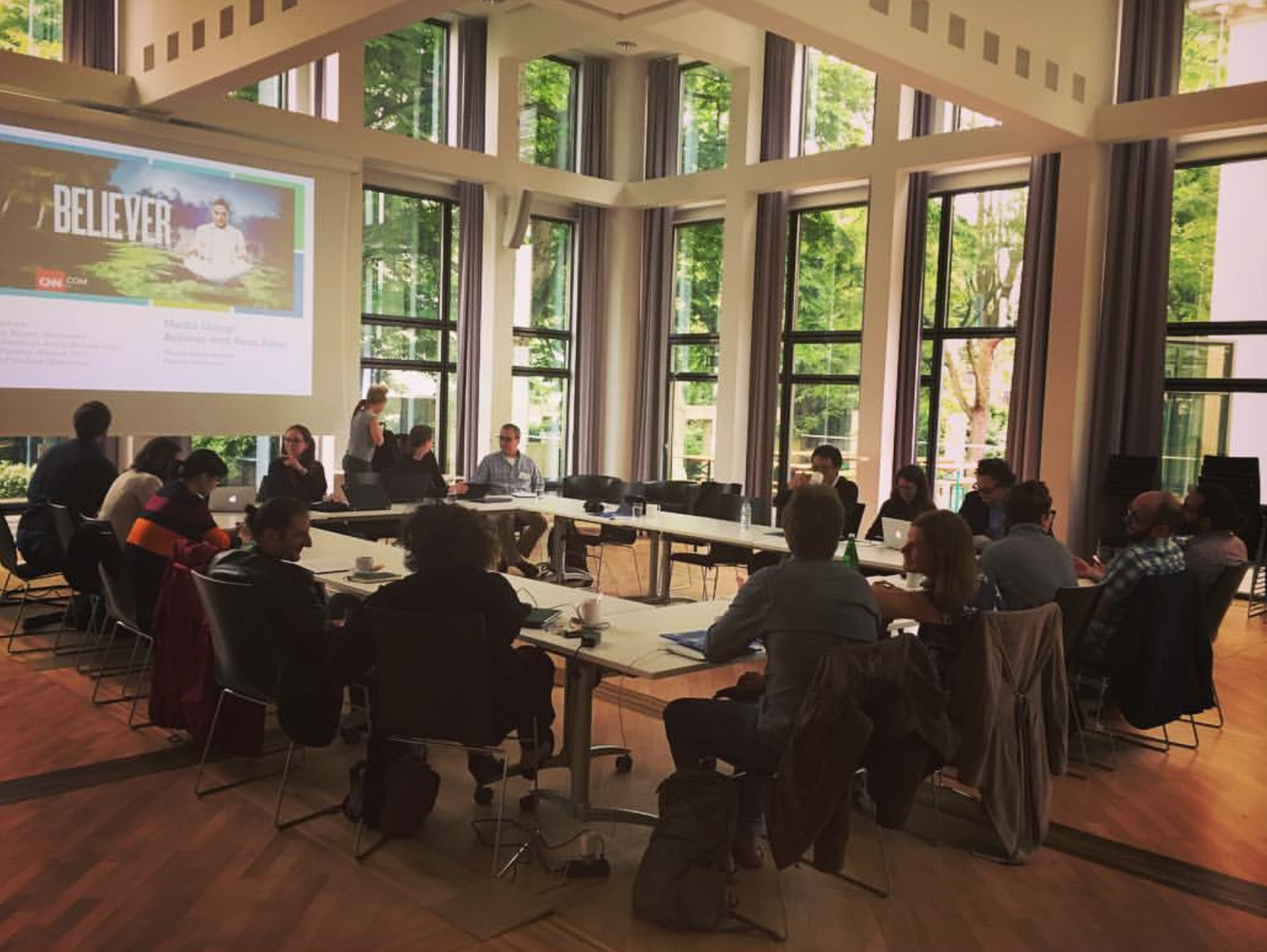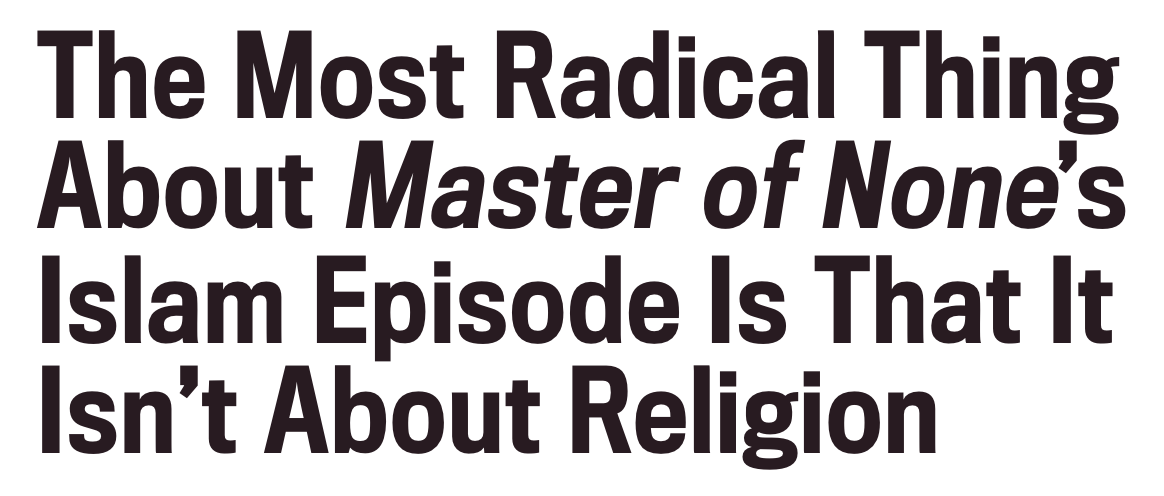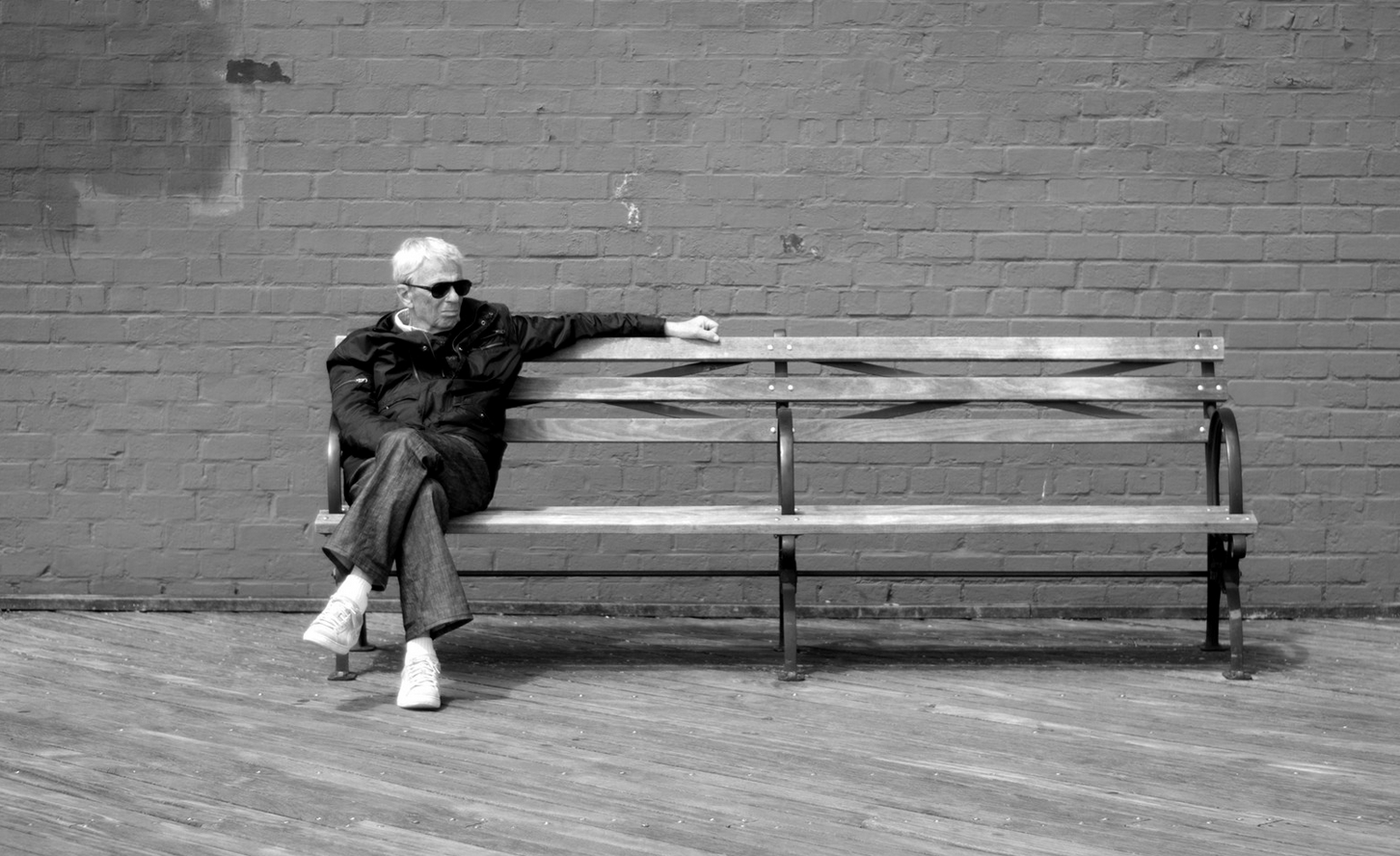
Hijacked!: A Critical Treatment of the Public Rhetoric of “Good” and “Bad” Religion was a conference held from June 8-10 in Bonn, Germany, at the Forum Internationale Wissenschaft (FIW) at the University of Bonn. Three members of Culture on the Edge (Merinda Simmons, Vaia Touna, and Leslie Dorrough Smith) attended as participants.
The conference’s aim was to consider the rhetorical strategies that various social groups use to evaluate the role of religion in public life. In particular, a group of international scholars focused on four different themes (the classroom, the media, the university, and politics, respectively) considered how rhetorics of good/authentic/”real” religion have been juxtaposed with concepts of bad/illegitimate/”fake” religion, and the sorts of political work such rhetorics have made possible. Continue reading “Hijacked! Conference in Bonn, Germany”










